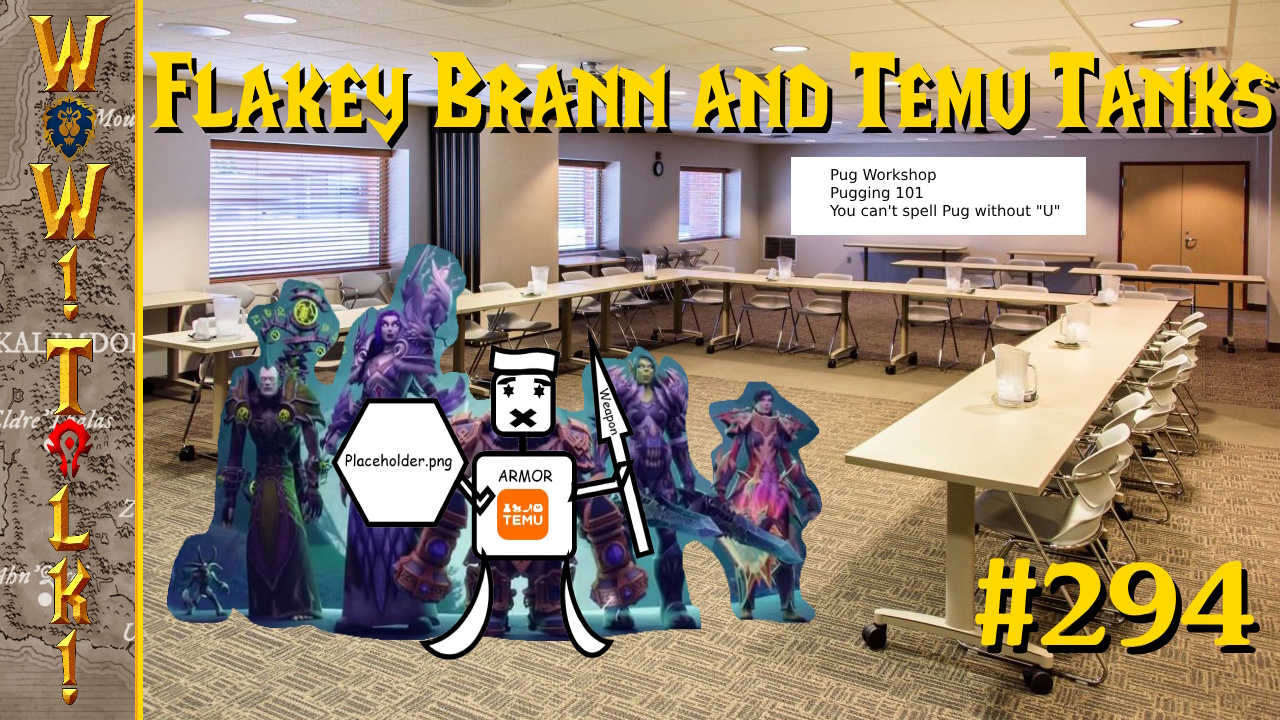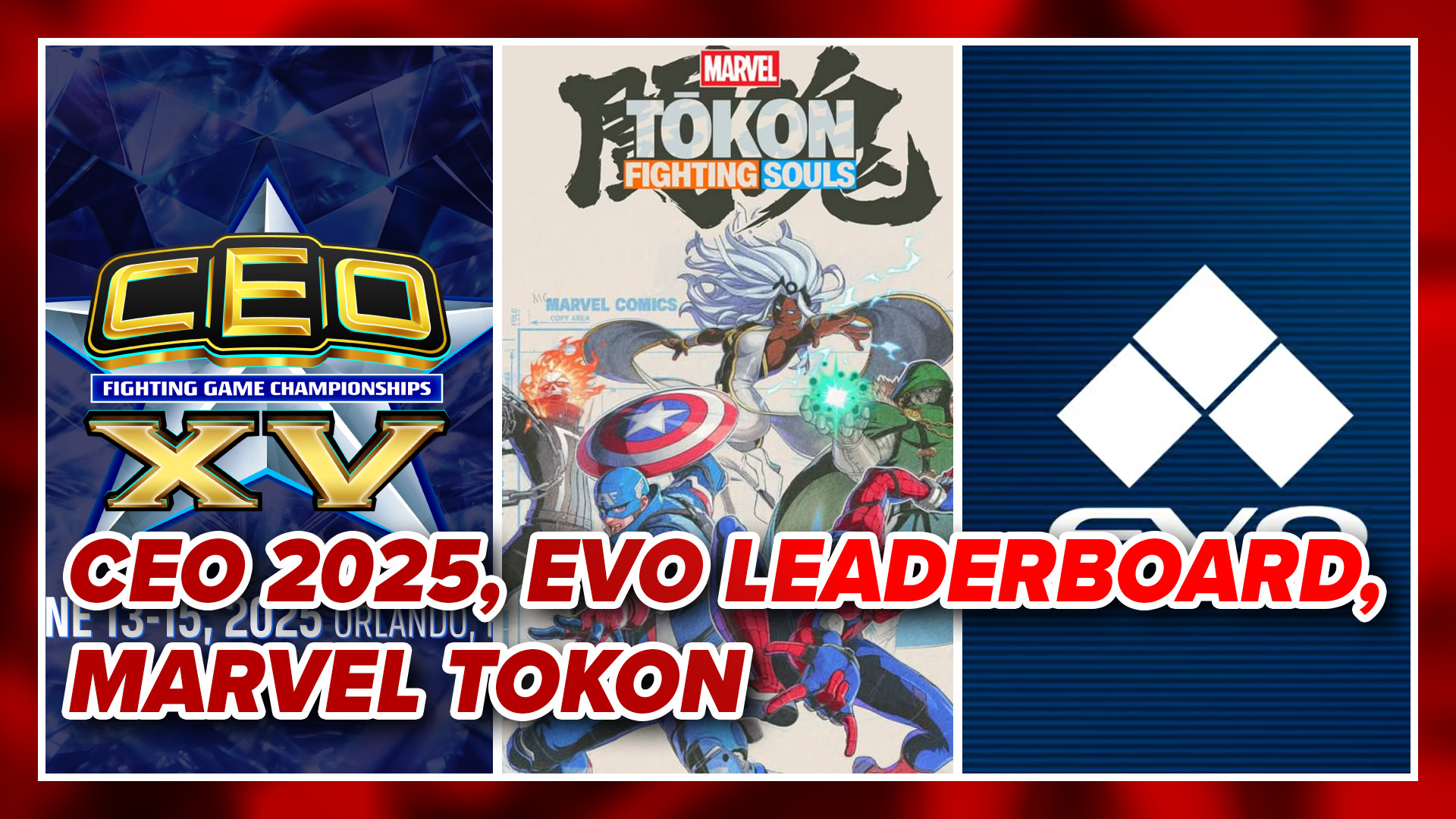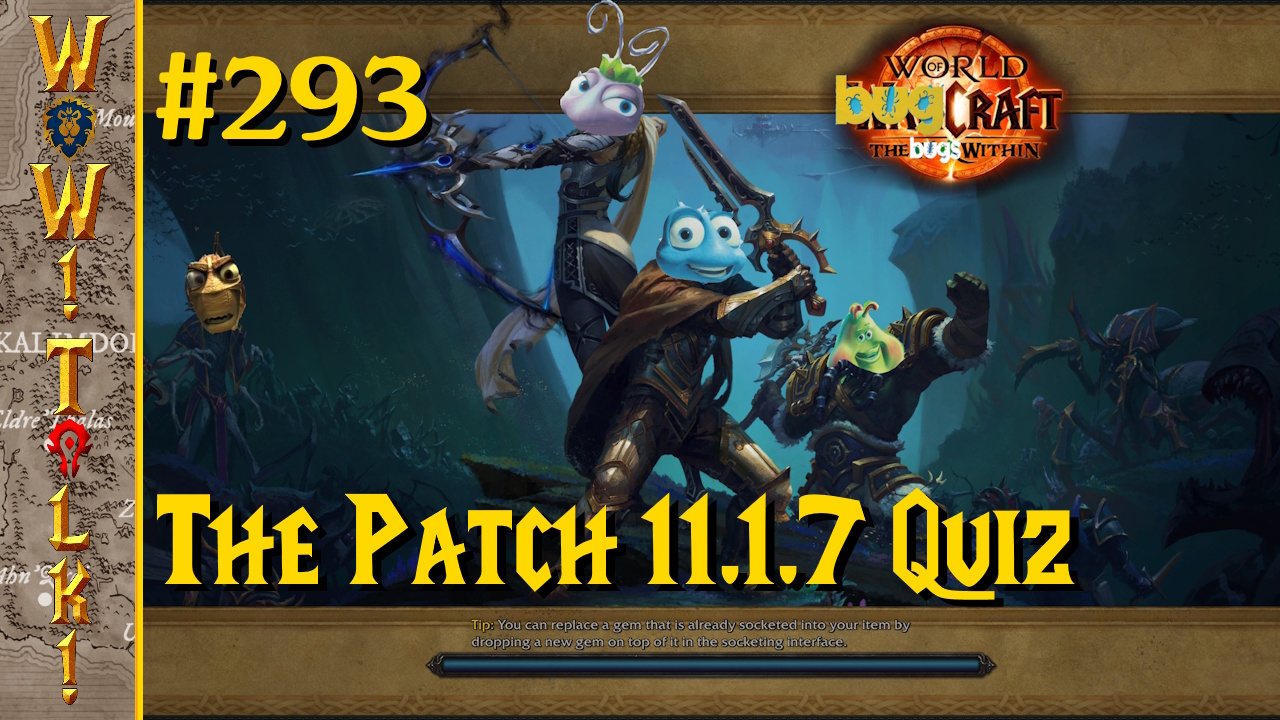Today, is a red letter day. No friends, this isn’t Half-Life related. Actually, it sort of is, because it’s related to all games. In a landmark 7 – 2 decision, the United States Supreme Court has struck down Leland Yee’s violent video games law, and ruled that games shall henceforth be classified as a form of free speech. Originally filed back in 2009, Brown v. EMA would have prohibited “the sale or rental of ‘violent video games’ to minors, and requires their packaging to be labeled ’18’.” Instead, after heading to the Supreme Court in November in the wake of being struck down by lower-circuit courts, the case has served to legitimize game developers expressing themselves freely in the eyes of the US government.
California correctly acknowledges that video games qualify for First Amendment protection…. Like the protected books, plays, and movies that preceded them, video games communicate ideas—and even social messages—through many familiar literary devices (such as characters, dialogue, plot, and music) and through features distinctive to the medium (such as the player’s interaction with the virtual world). That suffices to confer First Amendment protection. Under our Constitution, “esthetic and moral judgments about art and literature . . . are for the individual to make, not for the Government to decree, even with the mandate or approval of a majority.”
Keep in mind that this does not bar any state lawmakers from filing similar suits in the future, but they would now have to convince a court to rule against the Supreme Court’s decision. And since the Supreme Court exists to set the standard, well, that just isn’t very likely to happen. Still, California State Senator Yee’s law was preceded by ten similar lawsuits in other states, so there’s no telling whether or not the campaign against gaming will come to a dead halt just yet.
We had to mention that bit to fairly represent this ruling; make no mistake, however, the decision we got was the best possible scenario for the gaming industry. Many within the industry feared that some sort of compromise ruling would strike-down the current law, but not set the precedent for games as free speech. Clearly, those concerns were baseless. Justice Scalia, who wrote the opinion, stated that “the act forbidding sale or rental of violent games to minors does not comport with the 1st Amendment.” Six other judges, including Chief Justice John G. Roberts, while Justices Thomas and Breyer issued a dissenting opinion:
The practices and beliefs of the founding generation establish that “the freedom of speech,” as originally understood, does not include a right to speak to minors (or a right of minors to access speech) without going through the minors’ parents or guardians. I would hold that the law at issue is not facially unconstitutional under the First Amendment, and reverse and remand for further proceedings.
Detailed statements from both sides of the argument are expected to come poring in as the day continues. (Yee had previously announced that he’d have experts ready to join him in public statements following today’s decision.) The Entertainment Consumers Association (ECA) also promised a full statement would come shortly. In the meantime, this was their immediate reaction: “We are thrilled by today’s news,” said Jennifer Mercurio, VP and General Counsel of the ECA. “We had hoped that we would see this decision, and it’s been a long time coming. That being said, there will probably be one or two legislators who attempt to test these new parameters, and the ECA will continue to fight for the rights of entertainment consumers.”
So while this thing may or may not be permanently dead, there can be no questioning the levity of what happened today. The highest law in the United States of America has decided that video games, like books, movies, plays and music, are a form of free speech. Ruminate on that for a moment, and think about how long it took the industry to achieve this form of legitimacy. Moreover, think about what it means to have the US government in gaming’s corner. Courts in this nation are now mandated to uphold the constitutional right for developers to express themselves freely. And that, fellow gamers, is one heck of a victory for interactive entertainment.
[Sources: Supreme Court and Game Politics]





